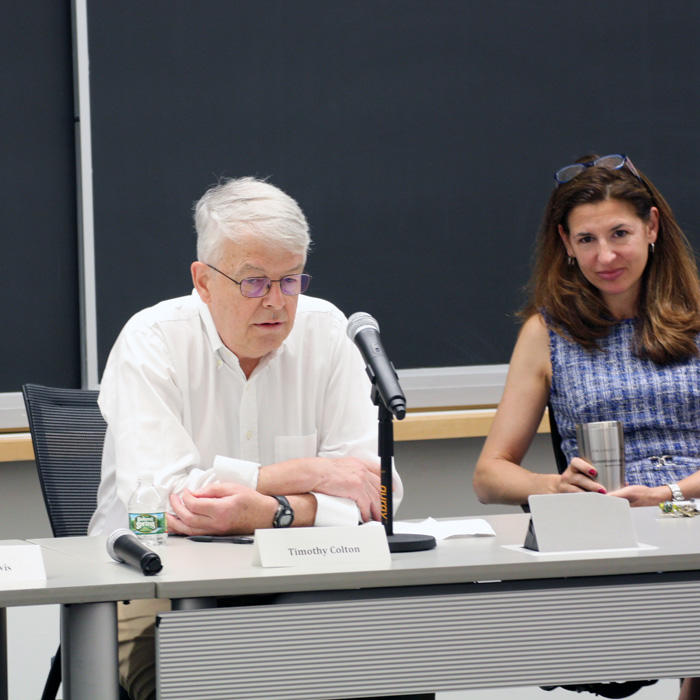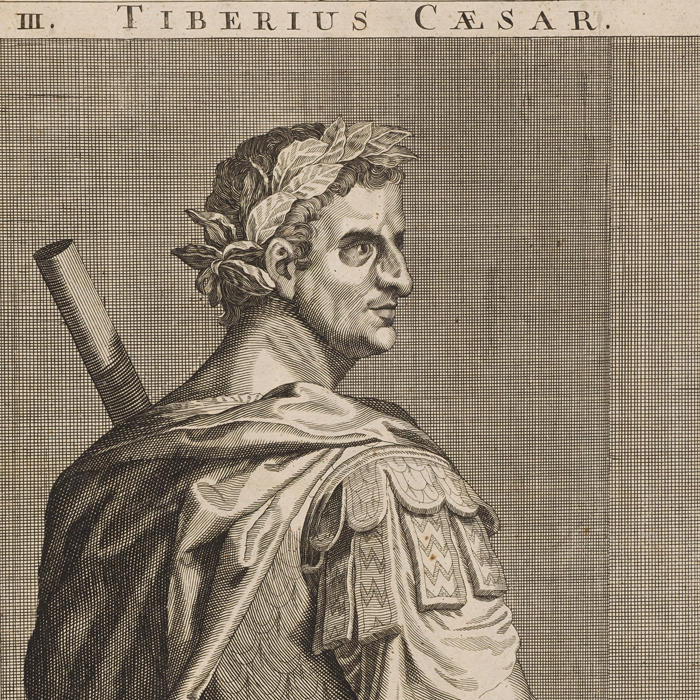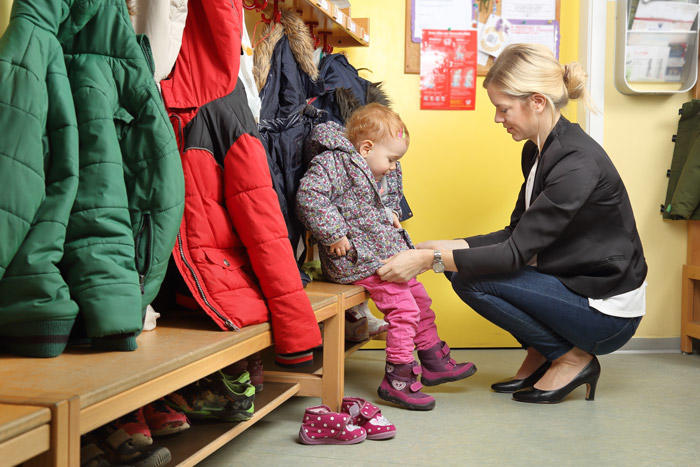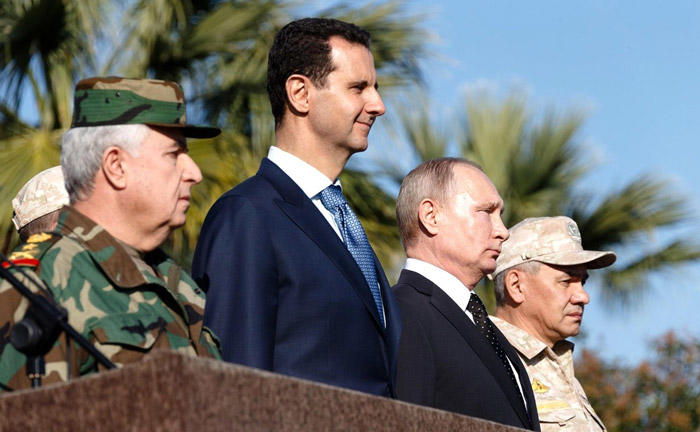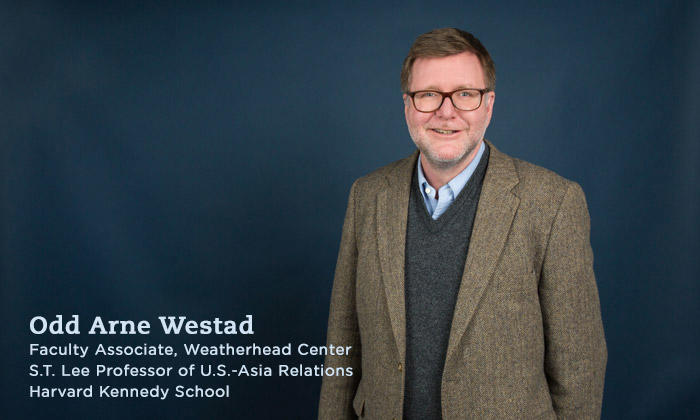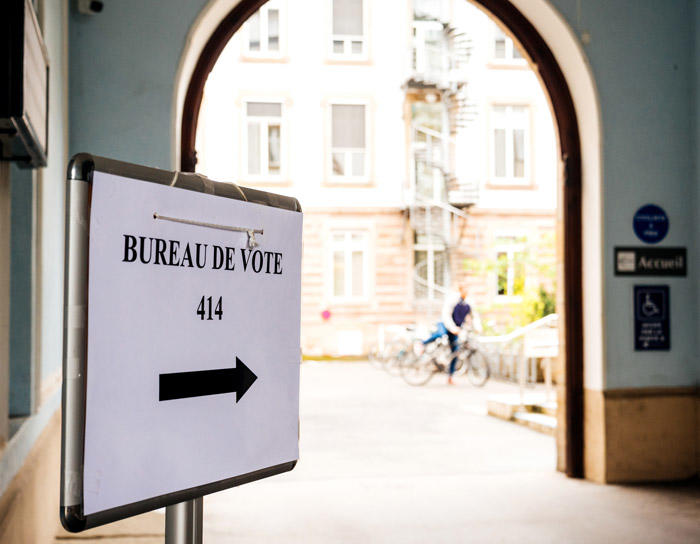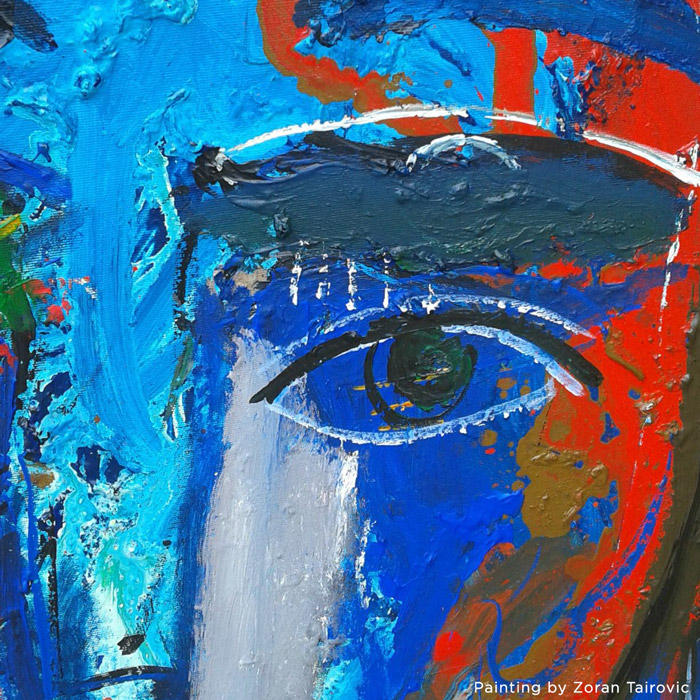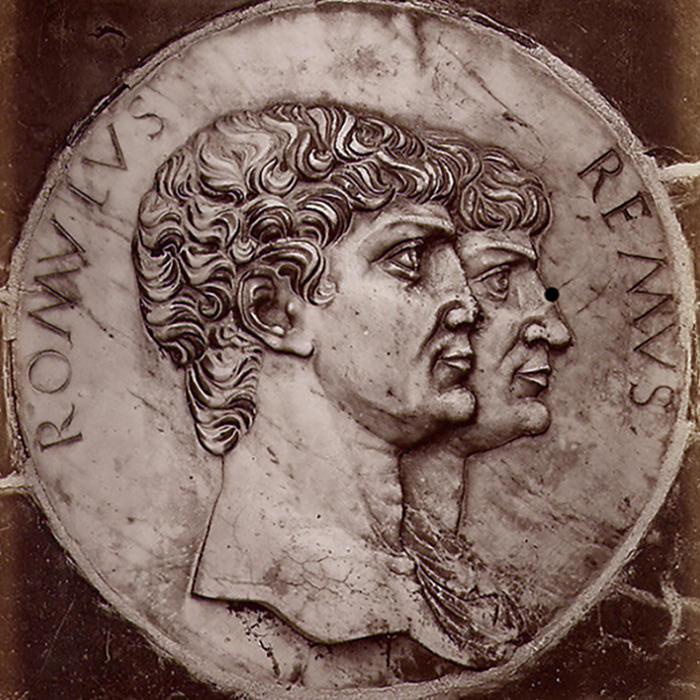An important transformation is occurring in Europe. Whether we call it a move toward “strategic autonomy,” “sovereignty,” or whatever else, it is forging a new trajectory of self-reliance.

By Adrien Abecassis
Since taking office, Donald Trump—the president of Europe’s greatest ally—has publicly castigated his counterparts in Europe, denounced Europe as being “set up to take advantage of the US,” and characterized the Europeans not as allies but as “foes.”
The approach of not taking these statements seriously, or downplaying them, did not last very long. To the Europeans, they are serious. For them, the options were always to wait for the Trump storm to pass in the hope of reverting to a “normal” transatlantic relationship once he was out of office, or react and deal with the consequences. Increasingly, Europeans are moving toward the latter.
Growing calls for a “sovereign Europe”
“Europe can no longer entrust its security to the United States alone. It is up to us to assume our responsibilities and to guarantee European security and, thereby, sovereignty,” declared French President Emmanuel Macron in his annual grand speech on foreign policy earlier this month. “And we have only one credible European response: that of our strategic autonomy,” he continued. The French Ministry of Defense echoed him a few days after: “A European defense today is an imperative. We can no longer shelter under the American umbrella.”
A “sovereign Europe” has remained a key theme of Macron’s speeches since his election campaign began. One may say that a French president advocating for greater independence has been nothing new since de Gaulle. But other European leaders have joined Macron. Alluding to the American leadership, German Chancellor Angela Merkel said that “the times in which we could totally rely on others are to some extent over. We Europeans must really take our fate into our own hands.”
That statement caused some stir. Her foreign minister doubled down, suggesting in an opinion piece that after seventy years of depending on the US, Europe should pursue “a new world order” in which Germany, France, and its European partners should seek a “balanced partnership” with Washington. For good measure, he added, “Where the USA crosses the line, we Europeans must form a counterweight—as difficult as that can be,” and advised Europe advance “where America retreats.” Merkel had to downplay the tone by calling this comment a “personal expression.” However, her own spokesman immediately stressed that “the article conveyed much of what constitutes the common stance of the government towards the United States” and that it “presents observations that are preoccupying the government—namely stronger European unity and the question of Europe taking on more responsibility.”
In turn, two weeks ago, European Commission President Jean-Claude Juncker titled his annual State of the European Union speech, “The Hour of European Sovereignty,” asserting that the “geopolitical situation makes this Europe’s hour: the time for European sovereignty has come. It is time Europe took its destiny into its own hands. It is time Europe developed what I coined Weltpolitikfähigkeit—the capacity to play a role in shaping global affairs. Europe has to become a more sovereign actor in international relations.” Indeed, “strategic autonomy” is itself a goal defined in the last EU Global Strategy for Foreign and Defense Policy.... Read more about Hope for a New Transatlantic Relationship

